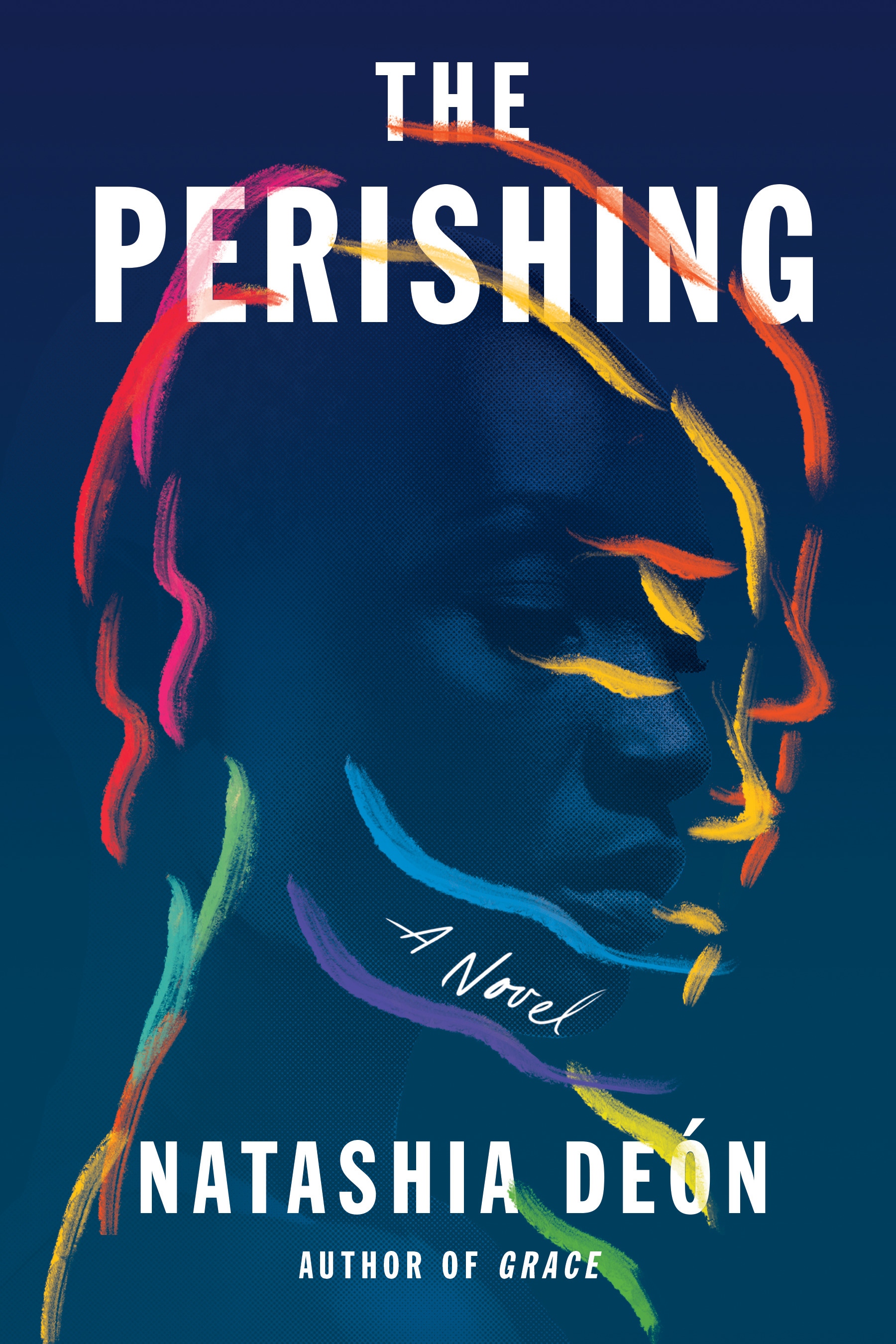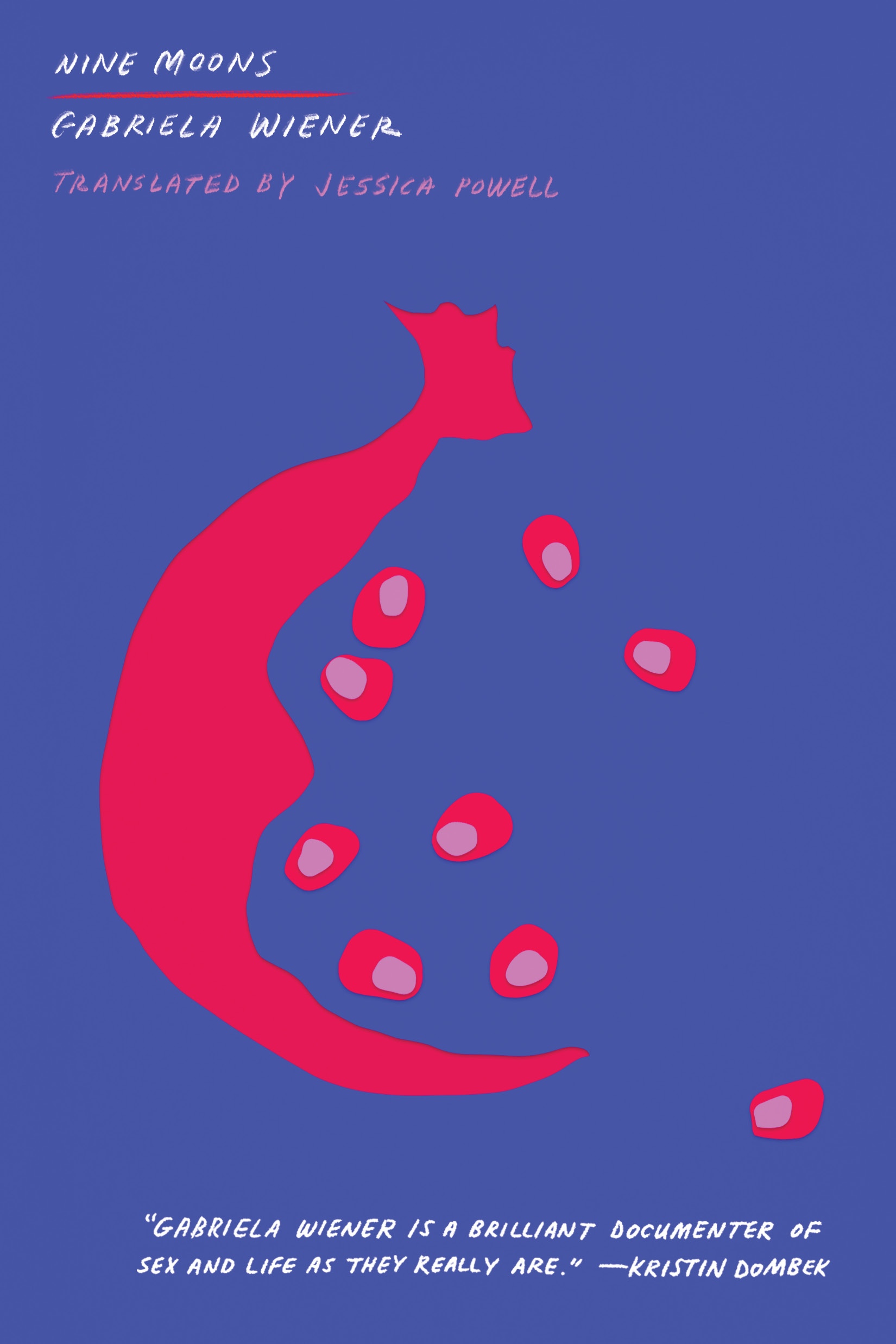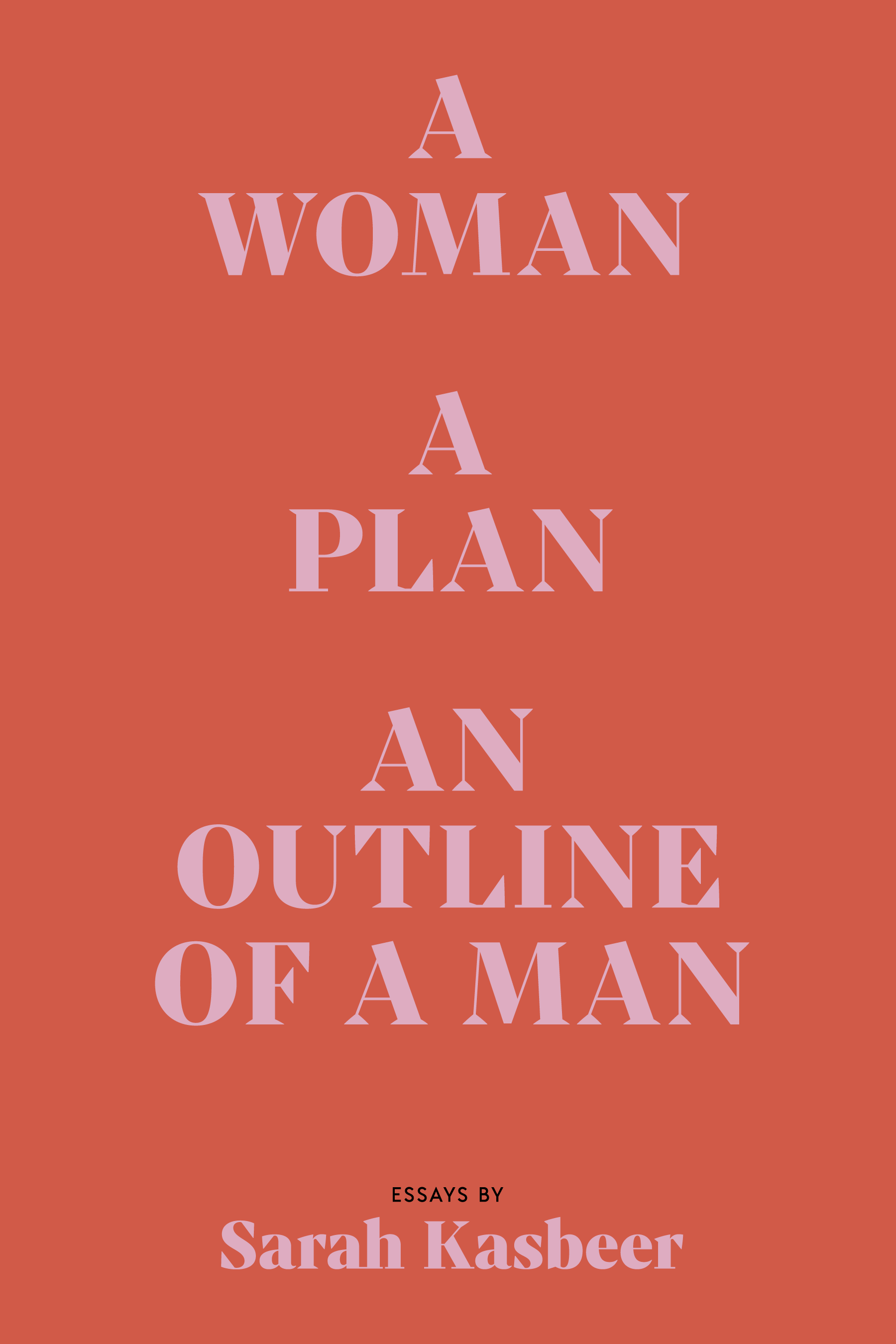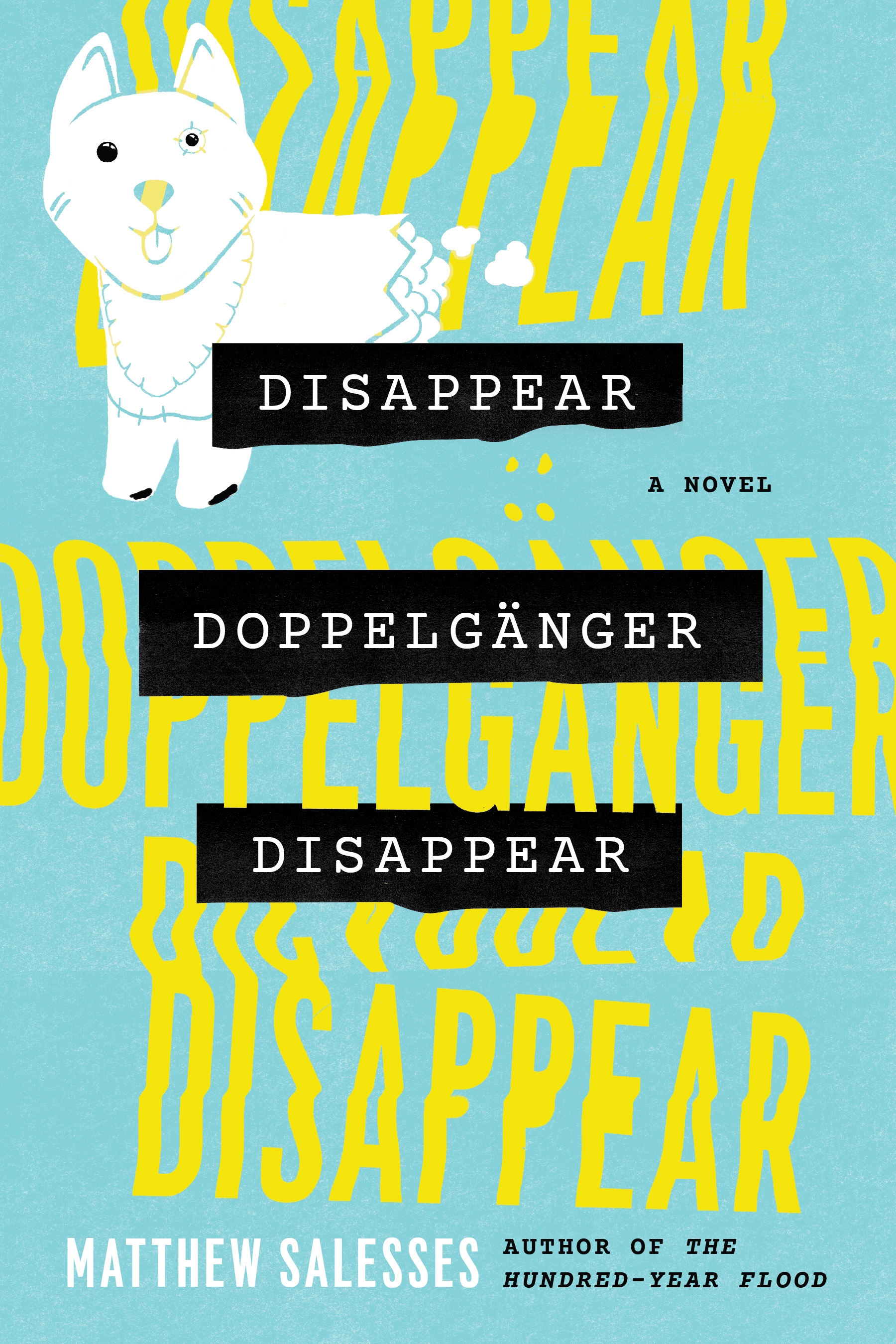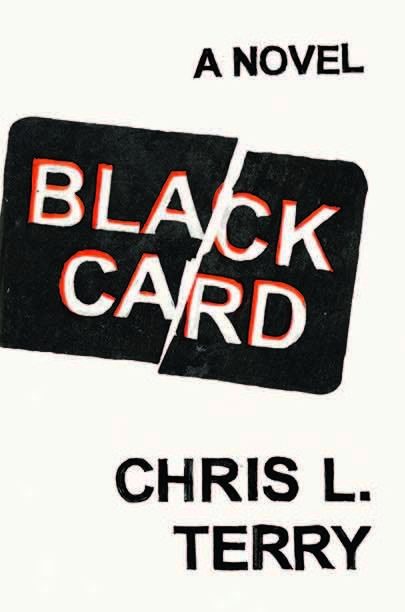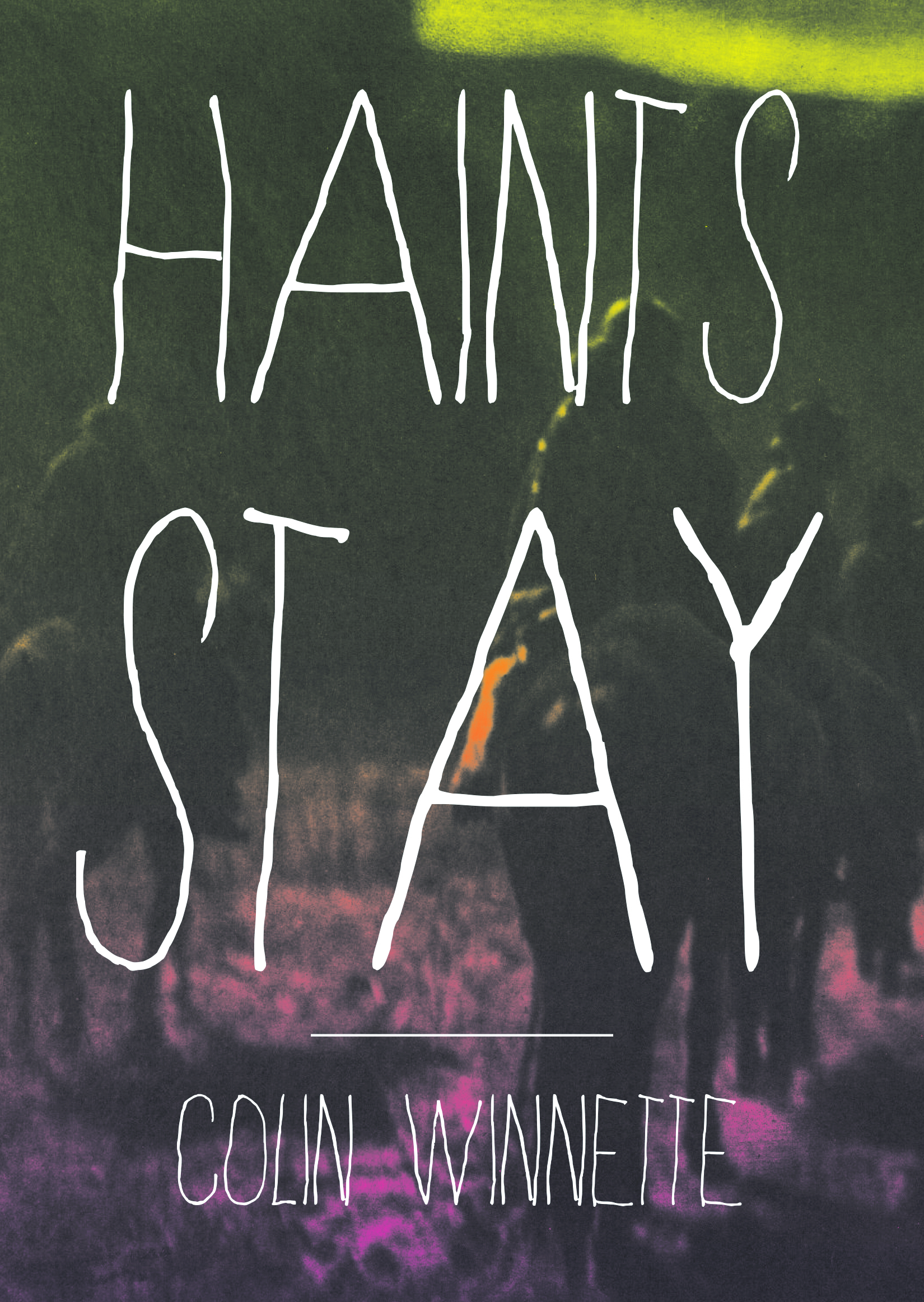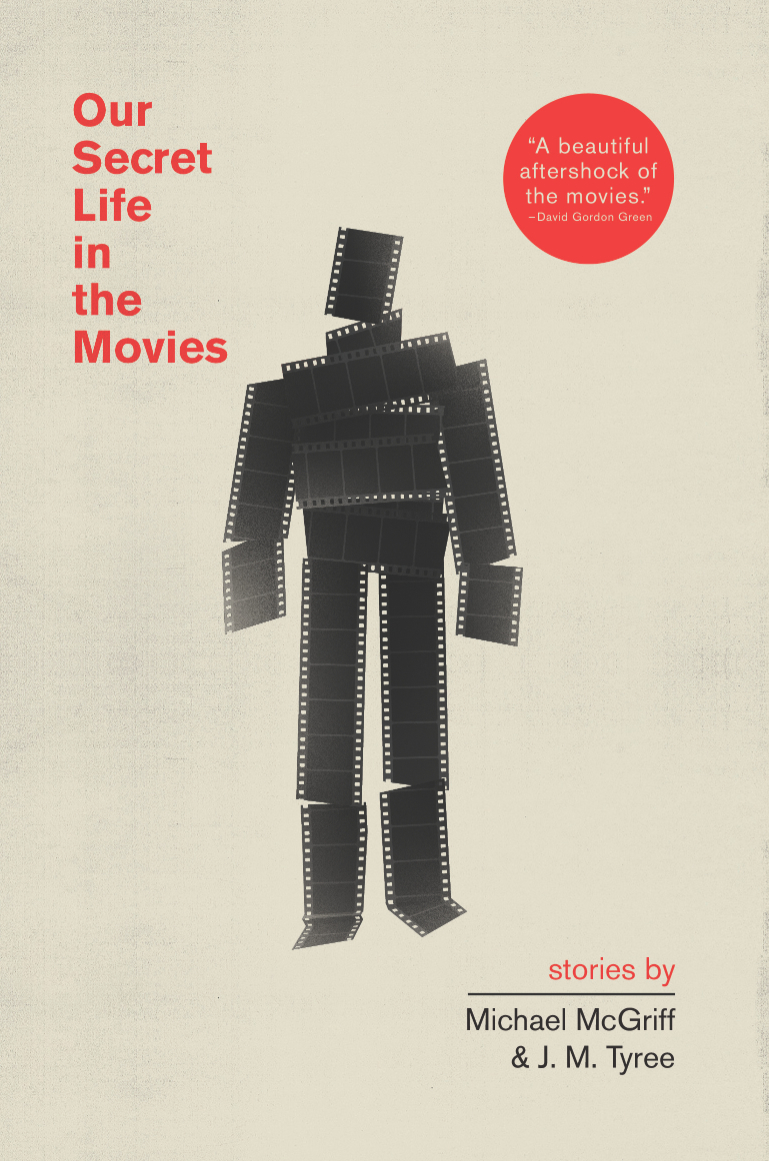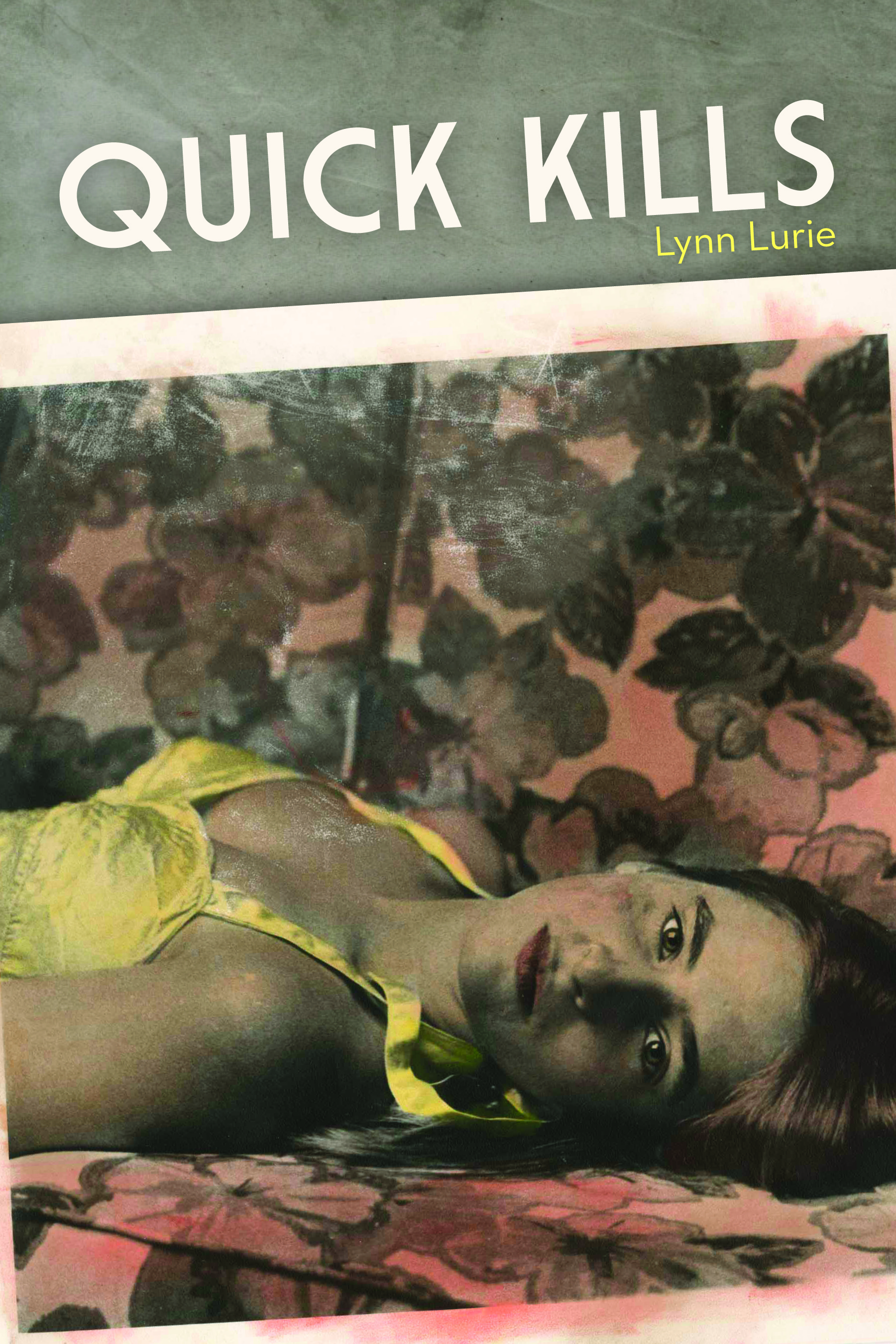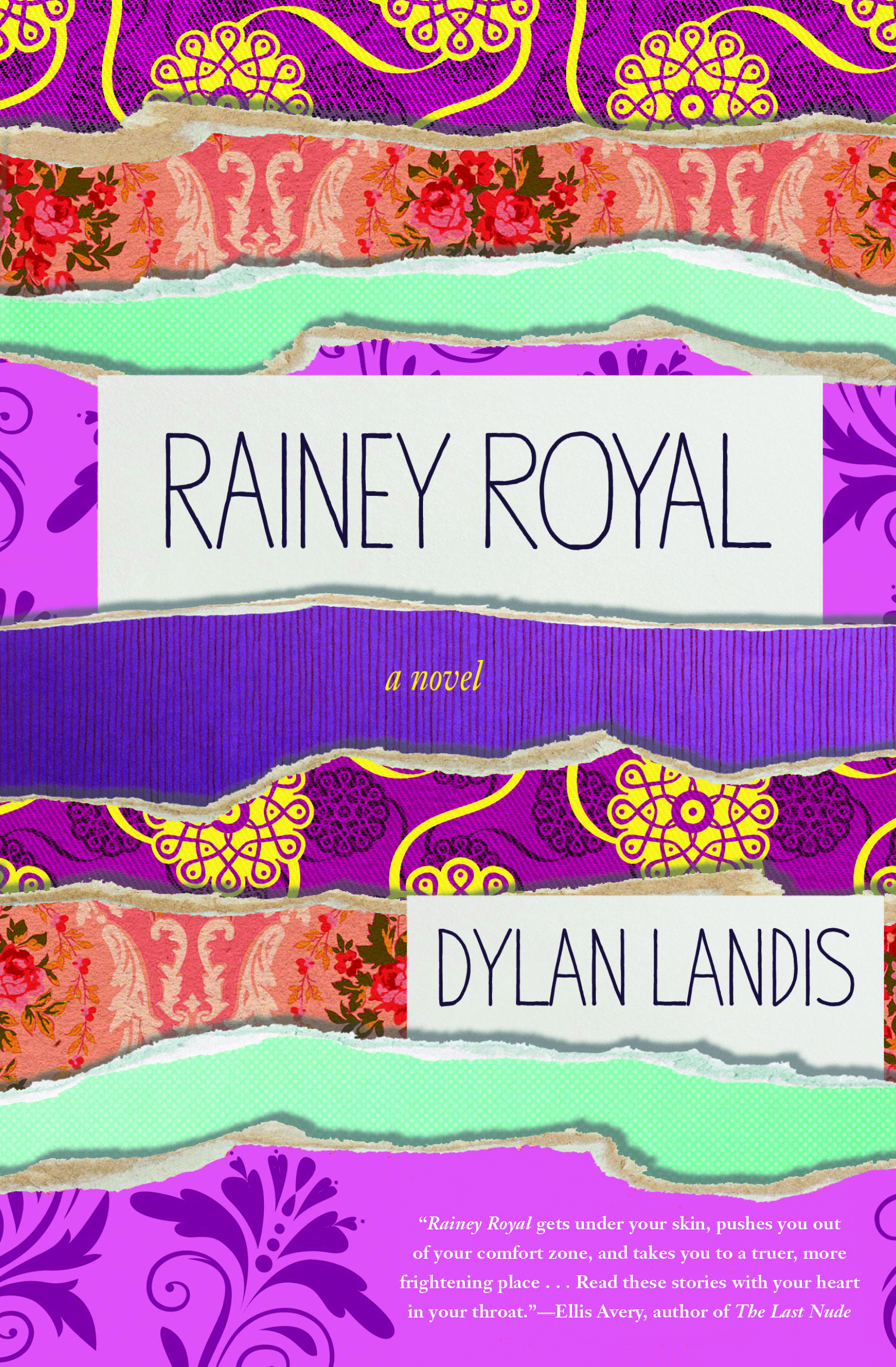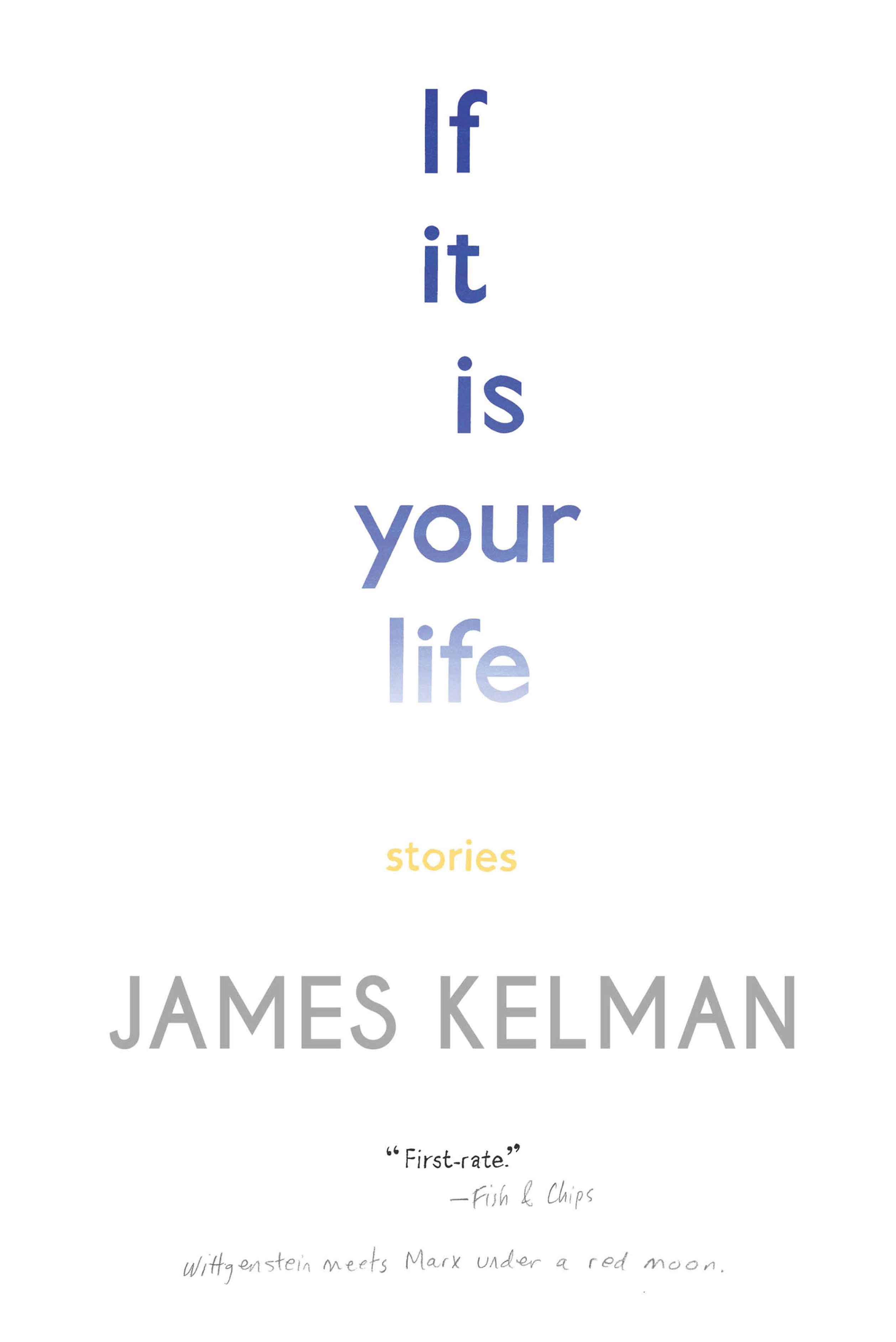Small Plates
an excerpt from
Blow Your House Down
by Gina Frangello
Editor’s Note
What feeds your soul when you don’t know what you’re hungry for? I’ve been struggling with reader’s block for a little bit (okay, a long bit), and I couldn’t pinpoint what was stopping me from sitting down and reading with ease the way I have my whole life. I was talking to my beloved writing mentor, Megan Stielstra, about this, and she handed me my cure:
“You need a solid diet of unconventional reading,” she said. She listed several amazing nonfiction books and what caught my attention was Gina Frangello’s new memoir, Blow Your House Down: A Story of Family, Feminism, and Treason.
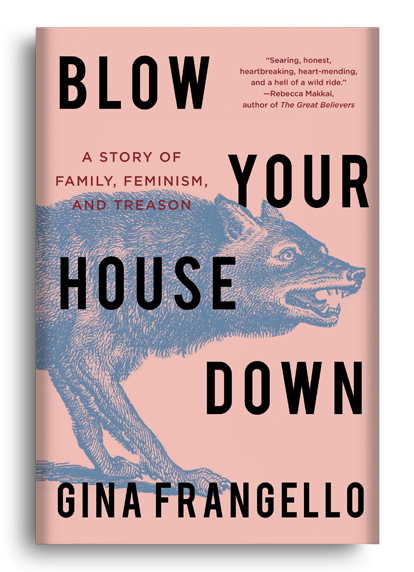
Longtime Midnight Breakfast readers will remember that I was fortunate enough to interview Gina for Issue 7. In that interview, we spoke about her tour for her novel, A Life in Men, and I got to share a sneak peek into her long and fascinating career in publishing. Blow Your House Down (out now from Counterpoint Press) provides an even deeper, intense look into Gina’s personal life.
What I would want you, dear reader, to know about Gina’s memoir, is that it is different. It is raw, emotional, heart-breaking, and soul-shattering—and I mean all of those in the best possible way. In the aftermath of an affair, Frangello puts herself (and the standard women are all too often held to) on trial. Whether it is an exploration of the letter A (as in: adulteress, accused, author, age, atonement, and antihero) or presenting counter evidence to the invisible jury of the audience, she gives us the historical context to the intensely personal journey she is bringing us on.
She writes: “If I believe that art can, in fact, save us, over and over again, then does it follow that I risk the audacity of believing that you might be the very one who needs my words to save your life?”
For me, yes, yes she can. And yes she did.
Enjoy your Small Plate and see you soon.
— Ashley Perez, Small Plates Editor
Big Blonde
I have already considered
the three philosophical problems worthy of prolonged reflection: Why are we here?
Is there anything to eat?
Where are our dead friends?
—Franz Wright
Years later, Kathy would claim we had met in the third-floor girls’ bathroom, but in my memory she and I first spoke during the physics experiment involving razor blades. In both stories, she was crying. In her version, she was crying because Max, the best-looking guy in our class (or maybe the school), didn’t notice her. In my version, she raced from the classroom crying when Max held the razor blade to my wrist in jest, threatening to cut me, waiting for me to flinch, and I’d said, “Go ahead, if it’ll get me out of physics I’m all for it,” and he laughed, but Kathy fled into the hall. I caught up with her in the third-floor girls’ bathroom, but what she told me in my memory wasn’t that Max failed to notice her, but simply, “My father committed suicide, that wasn’t funny.” While I stammered some awkward high school apology, she held out her wrist—unnaturally pale and delicate for a girl her height—and showed me a scar. “I tried to kill myself after he did,” she said. “That’s common. Kids whose parents commit suicide are at much greater risk.” And in that moment, a friendship was born … a friendship for which there may be no better metaphor than the fact that, for the next twenty-seven years, we remembered its origins differently.
Soon after our bathroom encounter, Kathy took to calling me on the phone nightly to discuss her unrequited love for Max. At first, the gossip titillated me, but before long I began having my mother tell her I wasn’t home. The nakedness of her desperation made me squirm—I wanted her to maintain some dignity. In my neighborhood, where I spent as little time as possible, showing vulnerability never ended well, especially for girls. I kept my cards close to my chest, subtly trying to urge her to do the same. But Kathy did not accommodate my desires on this front, then or ever. While Max, an aspiring actor, kept himself busy as an extra in Hollywood films and engaging in threesomes with older girls, hovering hopelessly out of both of our leagues, she continued to call me, to stalk me in study hall, which we also shared with Max, pouring herself into my hands whether or not I wished to receive her.
When I went away to college—the same college as Max, who had by then become a close friend—Kathy wrote to me faithfully. I believed she was “using me” to get closer to him, and in all probability, she was—at least initially. But then things shifted. Max intermittently receded, but Kathy always remained, a bawdy joke at the ready, a cigarette in one hand and a drink in the other. She made herself an indispensable friend. She had forgone college and was working in an office, and saved her money, scant though it often was, to come see me whether I was studying in Wisconsin or England or following a whirlwind romance to New England. When I threw parties in graduate school, seventy people crammed into my kitchen, Kathy was always the first to arrive to help set up, and the last to leave, washing dishes with me at 4 a.m. In our late twenties, she was by my side when I developed interstitial cystitis, accompanying me on doctor’s appointments and running errands with me to pick up prescriptions. When I adopted my daughters, she became their first nanny, talking about them so much that other people assumed they were her children.
As the years passed, Kathy blossomed into a wounded, voluptuous sexiness. One of her quasi-boyfriends dubbed her “Big Blonde” after the Dorothy Parker story, and Kathy, with her literary aspirations, took this as a compliment in the same wholly uninvestigated way she believed Camille Paglia to be a pioneering mother of feminism. What this man actually meant, of course, intersected more closely with another friend of ours having once remarked that there was something about Kathy that made “men want to hurt her just because they know they can.” She had a penchant for drunks, addicts, those living with other women, men who held her off to the side of their real lives. Her affairs invariably ended messily, in ways more embarrassing to witness than those old lovesick calls about Max. She would spy on her exes’ apartments, write stalkery letters to their new girlfriends, and once I caught her rifling through my grad school notebooks because the Big Blonde– dubbing lover was in one of my seminars and she knew we passed notes when bored in class. She must have imagined herself as the central thread of our discussions, rather than Faulkner—rather than ourselves. Over a terse breakfast, I accused her not just of violating my privacy but of childish self-involvement: one of the few fights in our friendship.
By our thirties, however, all such melodrama had subsided to such a degree that I was almost nostalgic for it. In place of her self-destructive affairs, Kathy had slipped into a resigned celibacy, palpably exhausted and frightened by those twenty-something brushes with the edge of her own stability. She seemed afraid that she did not have what it took to withstand disappointments other women were able to weather with grace. For a full decade, she led a solitary life, working a safe job at a school staffed entirely by women, drinking Jameson and listening to Nina Simone in the evenings in her tiny apartment. And, of course, tagging along as an extra in my life: loving my children like a parent; nursing a nonthreatening crush on my husband (whom, after their rocky beginnings, she later took to joking she would marry once I— always sickly—kicked the bucket). At parties, she would give both my husband and me massages, would sit herself between us proprietarily until people muttered confusedly that perhaps she was our “third.”
It was the sort of relationship that makes sense only from the inside, and even then, not entirely. The truth is that if Kathy’s adulation seemed excessive, my acceptance of it—or, let’s face it, embracing of it—was potentially even more mysterious. We weren’t young anymore. Though I was neither beautiful nor well-bred, I had somehow grown, from our mousy high school days, into the kind of woman to whom certain things came easily, and in terms of traditional markers of a successful adulthood—higher education, work about which I was passionate, marriage, homeownership, raising children—it might indeed have been easy to conclude that I had “outgrown” Kathy—that, like Angie, I was destined to leave her behind. As my life grew busier to the point of bursting, there seemed scant explanation for why a lonely old high school friend remained perpetually glued to my side, insinuating herself into every corner of my pursuits, even taking over my mother’s job of seventeen years when my mother at last retired. Some friends suspected that Kathy was “madly in love” with me, though I knew her attraction to me wasn’t an erotic one. Other friends regarded my tolerance of her neediness as “saintly.” Only those sharper observers of human nature recognized that she must be meeting some deep need in me, too.
At forty, Kathy broke her near-decade of celibacy with a turbulent affair that set off an intense depression. She sat at my kitchen table day after day, sobbing, shaking, drinking my scotch, popping my benzos, freaking out my children. And for the first time since high school, I, too, began to question why, exactly, I was allowing this in my life. Amid juggling the demands of career and family, Kathy often kept me on the phone for hours, analyzing every small detail of her past and psyche. For all her apparent hero worship of me, it became clear—perhaps it had always been clear—that I was rarely the topic of our conversations. I recalled how during those dark interstitial cystitis years in our late twenties, when I was dependent on painkillers and going to doctors, acupuncturists, osteopaths three or four times a week in desperation, as well as couples counseling due to the strain my illness put on my marriage, Kathy had told me with no trace of irony, upset over being jilted by some other unsuitable man, that I had “a perfect life.” I was still four or five years out from becoming a mother and a decade away from having my first book published—did she mean merely my husband? Was marriage a trade up from health? I’d been borderline suicidal, cutting, unable to bear the thought of fifty more years in my agonized body: how could she be so blind?
Only two decades later would I see that she was not blind, merely trusting of the version of myself I volitionally fed her—had been feeding her since that third-floor bathroom where I never once admitted that I, too, thought about Max. In my twenties, I’d of course never mentioned the cutting. If anyone asked me how I was, I said, “Fine,” smiling. When I went into remission from my IC at thirty, the clouds of my life parted, but from the outside, I probably appeared much the same. I had taken the ethos of playing it cool so far that even my closest friends had little idea what it was like under my skin; I was a Great Pretender, and Kathy my perpetually rapt audience of one. The deep need in me she was meeting—was it that she saw my life as better than it was, and that if I held tightly enough to her narrative, I might be able to believe it too?
Now here we were at forty. Despite my growing uneasiness, I saw Kathy through her depression, rejoiced with her when the antidepressants kicked in, then wrote the Match profile she used to meet the man who would become her fiancé. He gave her the happiest two years imaginable—the kind of blissfully gaudy PDAs usually reserved for high school; the surprise gifts that always perfectly reflected her tastes; the weekends away at Frank Lloyd Wright houses and fancy beach resorts she’d never been able to afford—before her sudden diagnosis of late-stage ovarian cancer pulled the magic carpet of her new life out from under her and sent her spiraling once more into the black night. This time, the depression did not loosen its grip. It sank its claws into her for four long, brutal months, until the December morning she died in her apartment while getting ready for work, blood smears on her telephone the only sign she’d been conscious long enough to know what was happening. For Kathy, there would be no “coming to peace” with her cancer, no gradual decline and acceptance. She died as she had lived: with her heart on her sleeve, full-throttle, and all too often alone.
In the last few years of her life, Kathy experienced both the greatest highs and lows she had ever known. And in the years since her death, I followed suit with the greatest highs and lows of my life, in ways set in motion by the loss of her, shaking me so far out of my role as the “perfect” friend/wife/mother that the woman Kathy used to know would begin to seem like a photo of a stranger in someone else’s picture album. Would she even recognize me now, unmoored, sharing custody and living half-time in a small apartment alone for the first time in my adult life? In its confines, punctured by the mournful sounds of my weak iPhone speaker playing music to ward off the silence, I often think of Kathy: of her quiet, small spaces, of Jameson and Nina Simone. Without a husband and children to care for, I, too, sometimes have nights of calling a couple glasses of red wine “dinner.” Out with friends, I, too, sometimes now hear the frantic lilt of my voice as I divulge more about my pending divorce than they probably wanted to know, and I remember how Tori and I used to cringe when Kathy, yet again, brought up things like her mother’s chronic extramarital affairs and her family history of unplanned pregnancies ten minutes into any party. How little I understood, then, about the kind of sharp grief that pushes itself outside the skin, that lacks decorum, that will not be tamped down. Nights I’m alone especially, I want to pick up the phone and call Kathy not daily but hourly, the way she sometimes used to when she was the one with too much time on her hands. I want to say, Can you believe this is real? I want to say, I am more myself than I ever believed I could be. I want to say, I’m scared out of my fucking mind. My life—the less and less it resembles the one she knew me to live—is increasingly a ghost town full of her echoes. I began to understand her from the inside out only after she was gone.
